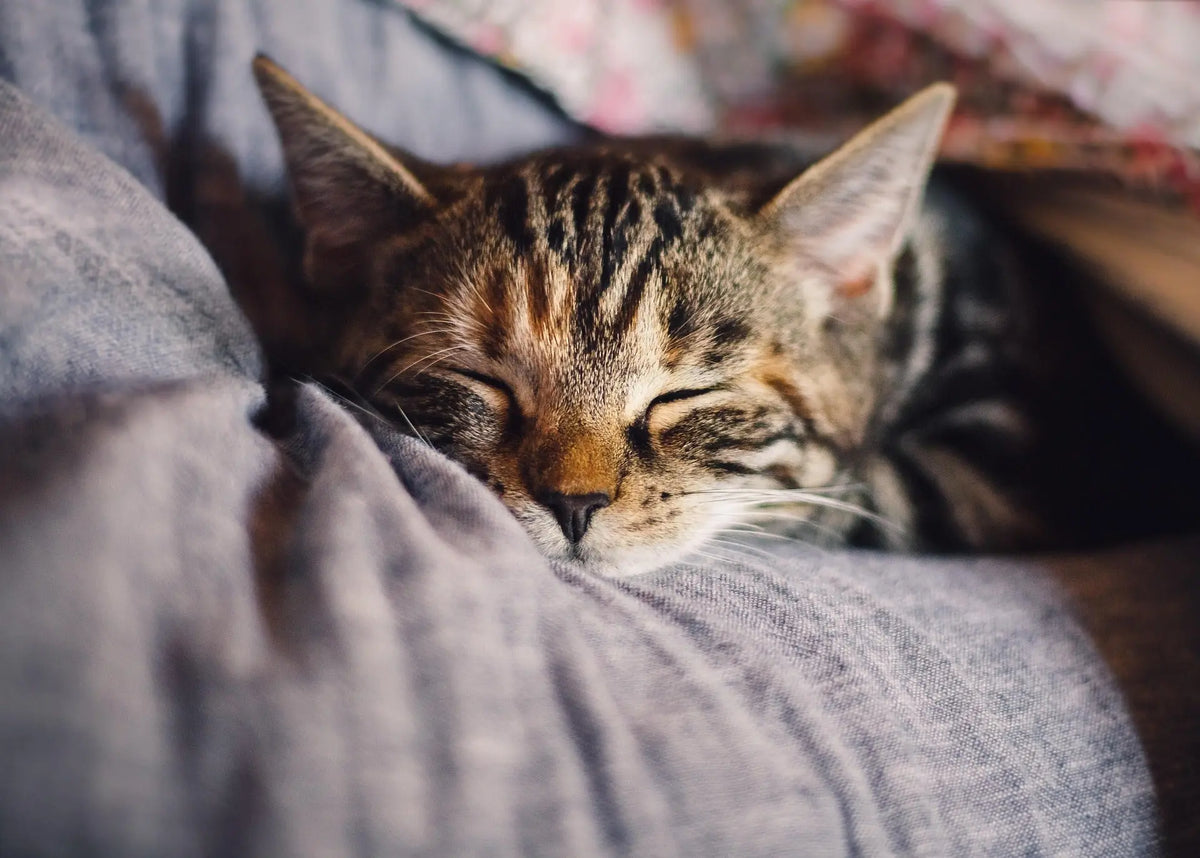
When is the Ideal Time to Go to Sleep?
|
Time to read 3 min
This store requires javascript to be enabled for some features to work correctly.

Written by: Editorial Team
|
Time to read 3 min
Table of contents
The NHS recommends that healthy adults get between 7 and 9 hours of sleep per night. However, this can change due to factors such as:
According to a 2019 study by YouGov, three-quarters of Brits sleep less than eight hours per night. 32% of those polled reported sleeping the bare minimum of seven hours a night, and 18% were getting less than the lowest recommended level for healthy rest.
Signs of sleep deprivation include (but are not limited to):
If you aren't sure about how much sleep you typically get, the following are popular methods of tracking time asleep, as well as the depth and quality of rest:
An ideal bedtime should accommodate your lifestyle - for example, someone who works 9-5 will have a different ideal time to go to bed than a person who works the night shift.
Ideally, your ideal bedtime should allow time for:
A 2024 study by Stanford University, analysed the sleep patterns of nearly 74,000 adults, and concluded that 1am was the ideal time to fall asleep by, to account for a well-balanced lifestyle and get enough sleep. They also highlighted this time as the latest time a person can reasonably fall asleep and maintain good cognitive and mental health.
However, for many people, especially those who have ultra-early starts in the morning, a 1am bedtime is just not realistic, especially if they want to maintain mental health and alertness.
The Sleep Charity offers a free sleep calculator, which calculates an ideal bedtime based on REM cycles, the time it takes the individual to fall asleep, and their ideal waking-up time.
Your ideal bedtime should accomodate your daily tasks, as well as winding-down time.
1am has been suggested as the maximum latest time to fall asleep by, but this depends on the individual.
Children (referring to anyone under the age of 18) require more sleep than adults because their bodies are still developing, requiring more rest.
Learning about sleep hygiene is key to understanding why you may feel tired after a full night's sleep. Practicing good sleep hygiene can help you feel more well rested.
The Myza Editorial Team
The Myza Editorial Team works together to create and curate The Sleep Journal, a series of blog posts designed to help our customers with frequently asked questions and curiosities regarding everything in the world of sleep, from sleeping positions to skin and hair care. We also provide regular shopping guides, interviews, and reviews to provide insight into our hand-picked brand collaborations and the benefits they have to offer.
Receive 10% off your first order when you subscribe to our newsletter





